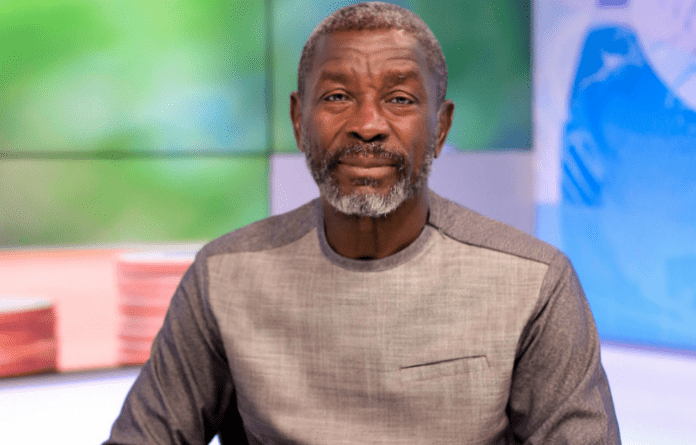CHINA ENFORCES TV BAN ON LGBT DEPICTIONS IN CULTURAL CRACKDOWN

The Chinese government has officially banned the portrayal of same-sex relationships and other LGBT content on television, broadening its campaign against what it deems “vulgar, immoral, and unhealthy” material. This move is part of an intensified cultural censorship effort.
New content regulations have been introduced, prohibiting depictions of homosexuality, extramarital affairs, one-night stands, and underage relationships in TV dramas. Chinese censors argue that such portrayals “exaggerate the dark side of society” and classify them as “abnormal sexual relationships.”
The popular online drama Addicted, which focused on the romantic lives of two men, was removed from Chinese streaming platforms last week, sparking outrage among its large audience. Officials stated that the show violated newly implemented guidelines, which also ban the depiction of behaviors such as incest, sexual perversion, sexual abuse, sexual violence, and other acts labeled “inappropriate.”
The extensive rules extend beyond LGBT content, encompassing bans on smoking, drinking, adultery, revealing clothing, and even the concept of reincarnation. China’s State Administration of Press, Publication, Radio, Film, and Television has pledged to closely monitor compliance with these measures.
Increased censorship under Xi Jinping’s leadership
The clampdown on cultural expression has significantly escalated under President Xi Jinping, who has tightened control over the nation’s media landscape since taking office in 2012. In 2014, a historical drama, The Empress of China, was briefly suspended for showing actors with visible cleavage, only returning after edits blurred out the offending images. Similarly, a 2015 documentary, Mama Rainbow, about young gay individuals and their families in China, was wiped from all local websites.
Backlash from LGBT activists
The latest restrictions have provoked anger among LGBT rights advocates, who have long battled the significant stigma surrounding homosexuality in China. Homosexuality was decriminalized in the country in 1997 and was removed from the official list of mental illnesses in 2001. However, discriminatory attitudes persist, including in educational materials. In November 2022, a gay rights campaigner filed a lawsuit challenging the description of homosexuality as a “psychological disorder” in Chinese textbooks.
The new regulations are seen as a setback to the fragile progress made by China’s LGBT community, further marginalizing voices advocating for equality and representation.
Source:NKONKONSA.com





